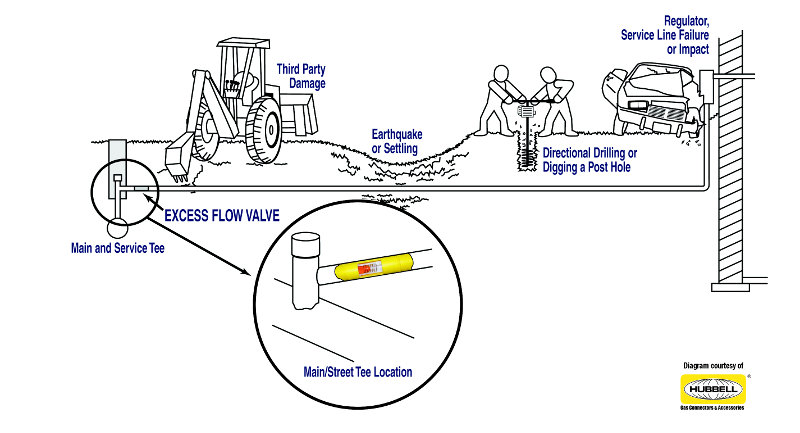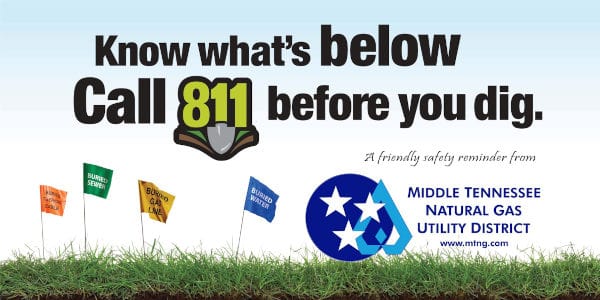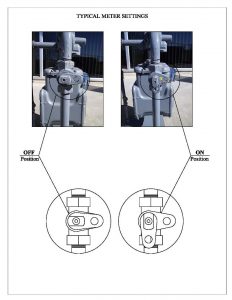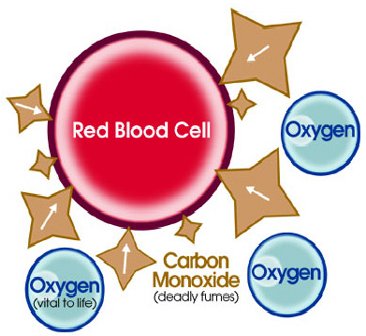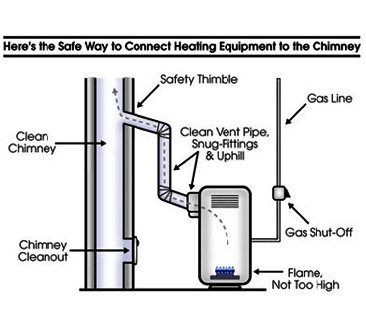Natural gas appliances should always be:
…installed by properly trained and qualified personnel.
…installed in accordance with installation instructions and applicable building codes.
…converted from propane use only by qualified personnel according to instructions.
…operated and maintained according to manufacturer’s instructions.
…inspected regularly to insure proper operation.
MTNG will gladly perform a safety inspection or “light-up” of a newly installed appliance, and will repeat inspection annually upon request at no charge.
Appliance safety points to consider between inspections include the following: clearances, filters, flammables, unvented heaters, vents & ducts, water heater reliefs, and water temperature.
When selecting a natural gas appliance, please remember that there are special considerations for installations in bathrooms, bedrooms, garages, and more. Please contact us if you have questions or concerns. Our trained professionals are always happy to make recommendations that could help prevent any potential problems.
Bathrooms
The installation of natural gas appliances inside bathrooms comes with many code restrictions to insure safety.
For example, an unvented heater installed in a bathroom must be wall-mounted and cannot exceed 6,000 Btu/h.
There are other restrictions like these, so please contact us with your questions or concerns. We are here to help you.
Bedrooms
The installation of natural gas appliances inside bedrooms comes with many code restrictions to insure safety.
For example, an unvented heater installed in a bedroom must be wall-mounted and cannot exceed 10,000 Btu/h.
There are other restrictions like these, so please contact us with your questions or concerns. We are here to help you.
Clearances
Natural gas appliances need proper air flow to operate correctly. Each appliance is labeled with the necessary clearances to insure proper air flow. Clearances around each appliance, vent, exhaust, combustion and/or make-up air system MUST BE maintained for safety reasons.
There are other restrictions like these, so please contact us with your questions or concerns. We are here to help you.
Filters
Filters are an integral part of the operation of some natural gas appliances such as furnaces and dryers.
Filters should be cleaned regularly and replaced as necessary to insure proper operation of appliances.
Clean filters not only help keep you safe…they actually save you money too!
Flammables
It’s important not to overlook the importance of safely handling and storing flammable products. DO NOT use or store flammable products (gasoline, solvents, paints, or adhesives) in the same room or area near a gas appliance or other potential source of flammable vapor ignition.
Garages
Installing natural gas appliances in garages comes with various code restrictions that must be followed to insure safety.
For example, unless an appliance is listed as flammable vapor ignition resistant, it must be installed so that the source of ignition is at least eighteen inches (18″) above the level of the garage floor. This reduces the risk of gasoline or other flammable vapors from being ignited by the main burner or pilot flame.
There are other restrictions like these, so please contact us with your questions or concerns. We are here to help you.
Unvented Heaters
Unvented natural gas room heaters are a wonderful source of efficient, supplemental heat, but they CANNOT be used as the sole source of comfort heating in a dwelling.
Need more advice on how to safely choose and operate an unvented natural gas room heater? Feel free to contact us. As always, we are here to help you.
Vents & Ducts
Vents and ducts are integral to the safe operation of some natural gas appliances. If the use of vents or ducts is necessary for the installation of an appliance, they MUST remain clear, complete and unobstructed. NEVER block, shorten, or remove any vent pipe or duct work associated with a natural gas appliance installation.
Water Heater Reliefs
Each water heater is equipped with a temperature and pressure relief valve, sometimes referred to as a “T & P Valve” or a “pop-off”. These valves are designed to relive any overpressure in the tank in the event of a malfunction. If the T & P valve is leaking, it should be inspected by a trained professional because it may be an indicator of a larger problem. WATER HEATER T & P RELIEF VALVES SHOULD NEVER BE REMOVED AND PLUGGED AS THIS CAN LEAD TO DANGEROUS OVERPRESSURE OF THE WATER HEATER.
Water Temperature
Children, disabled people, and the elderly are at highest risk of being scalded by water from an improperly adjusted water heater. WATER TEMPERATURES OVER 125 DEGREES FAHRENHEIT CAN CAUSE SEVERE BURNS INSTANTLY FROM SCALDS. Always feel water before bathing or showering. Please check the instruction manual carefully before setting the temperature of any water heater.
Temperature limiting valves are available. Feel free to contact us for more information.

